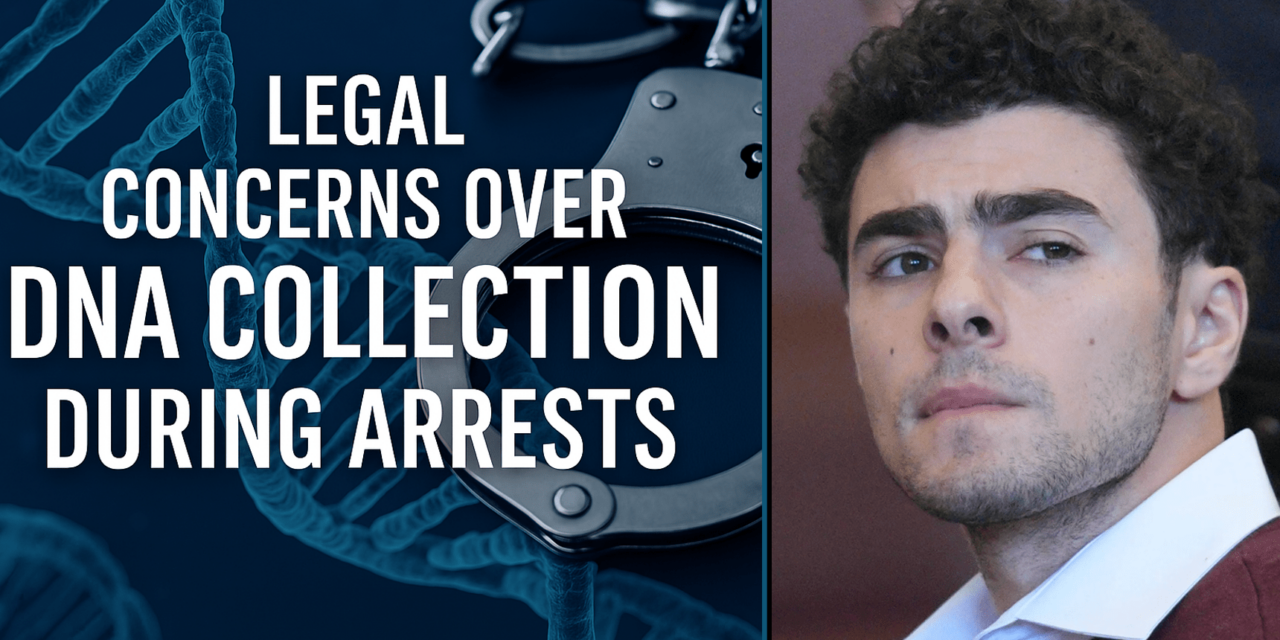The recent case involving Luigi Mangione has sparked significant discussion regarding the methods law enforcement uses to collect DNA evidence during arrests. Mangione, accused of the December 4th shooting of UnitedHealthcare CEO Brian Thompson, was apprehended at a McDonald’s in Pennsylvania. His attorney alleges that the police violated Mangione’s rights by detaining him without sufficient cause and subsequently obtaining his DNA through deceptive means—specifically, by offering him a snack to collect a DNA sample without his consent.
Legal Standards for DNA Collection
In Pennsylvania, as in the rest of the United States, the collection of DNA from individuals by law enforcement is governed by constitutional protections against unreasonable searches and seizures. Typically, obtaining a DNA sample requires either the individual’s consent or a warrant supported by probable cause. Collecting DNA without adhering to these protocols can lead to significant legal challenges, including the suppression of evidence in court.
Challenging Unlawful DNA Evidence
If DNA evidence is obtained through methods that violate constitutional rights—such as collecting a sample without consent, a warrant, or exigent circumstances—defense attorneys can file motions to suppress this evidence. The success of such motions depends on demonstrating that the evidence was acquired in violation of the defendant’s Fourth Amendment rights. Courts will consider factors such as the manner of collection, the presence or absence of consent, and whether the individual was aware that they were providing a DNA sample.People.com
Implications for Future Cases
The Mangione case underscores the importance of law enforcement adhering strictly to legal standards when collecting DNA evidence. For individuals facing charges where DNA evidence plays a crucial role, it’s essential to consult with experienced criminal defense attorneys who can scrutinize the methods used to obtain such evidence and challenge any violations of constitutional rights.
Conclusion
The collection of DNA evidence is a powerful tool in criminal investigations, but it must be balanced with the individual’s constitutional protections. Cases like that of Luigi Mangione highlight the ongoing need for vigilance in ensuring that law enforcement practices respect legal boundaries. At The Pisanchyn Law Firm, we are committed to defending the rights of our clients and ensuring that any evidence used against them has been obtained lawfully and ethically.





